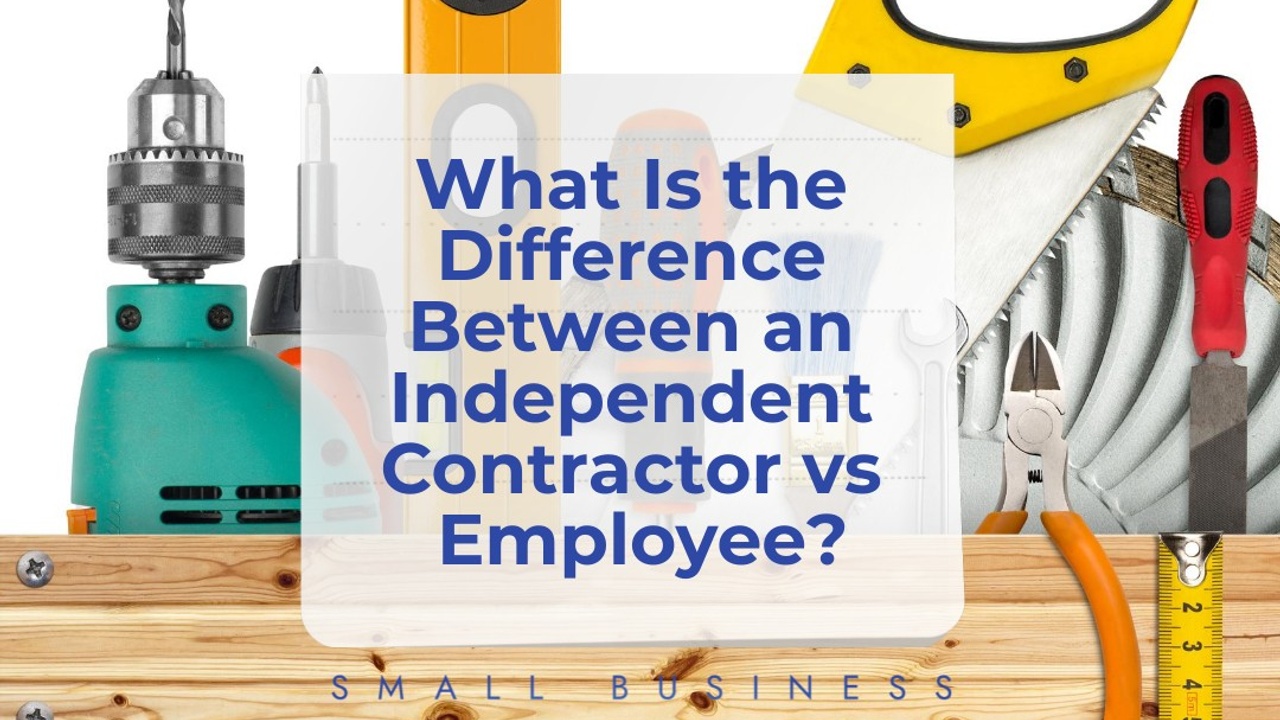On the surface, the difference between an employee and a contractor seems simple: one is permanent and one is not. However, the test used by the courts to determine the matter has changed. In order to avoid unexpected personal liability in the case of a dispute, it’s important to be clear about the classification of the roles.

Some clients have engaged a sole trader, partnership or family trust with an individual trustee, thinking they were hiring a contractor. Only after a dispute emerged, they realised they were wrong.
The test used by the courts is not as clear as it once was, so it’s important to understand it.
The Test
There are five key factors the courts consider when determining if someone is a contractor or an employee:
- Control. Greater control by the boss indicates an employee relationship, while an employer exercising little control indicates a contractor.
- Payment. Payment on a regular basis indicates an employee relationship, while payment for a particular service indicates a contractor role.
- Delegation. Contractors can delegate work to others; an employee does the job personally.
- Commercial risk. Contractors carry their own insurance and bear the cost of any defects in their work. Usually, an employee does not.
- Responsibility for equipment. Contractors pay for their equipment, and employees are supplied with equipment or are reimbursed.
What this means to you
Employers need to exercise caution. The consequences of getting it wrong can have unfortunate and unintended repercussions, including:
- ATO Superannuation Guarantee – the ATO are working on getting all contractors to have superannuation paid at the federally mandated rate(10.5% as of July 1 2022) of their contract payments.
- Workers Compensation Insurance – in WA, the state legislation requires that a contractor that is a sole trader or partner must be covered for Worker’s Compensation by the head contractor. Most other states are similar, but the details depend on the individual.
- MyLeave – in WA, for the construction industry, the legislation requires contractors and employers to pay contributions for Long Service Leave as they go.
And the potential liability for:
- Payroll tax
- Holiday leave and sick leave
- Back pay
- Unfair dismissal
- Long service leave
There is no obligation for the above to be paid for contractors – but there is for employees.
We recommend considering the subcontractor’s legal structure before engaging their services and having a clearly set out subcontractor services agreement.
We also recommend that you have a clear employment contract if employing a staff member.
Should you have any further enquiries, please don’t hesitate to contact us.



